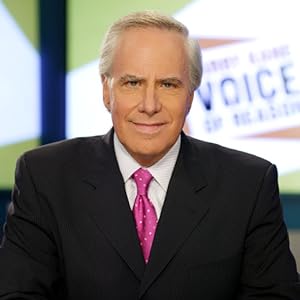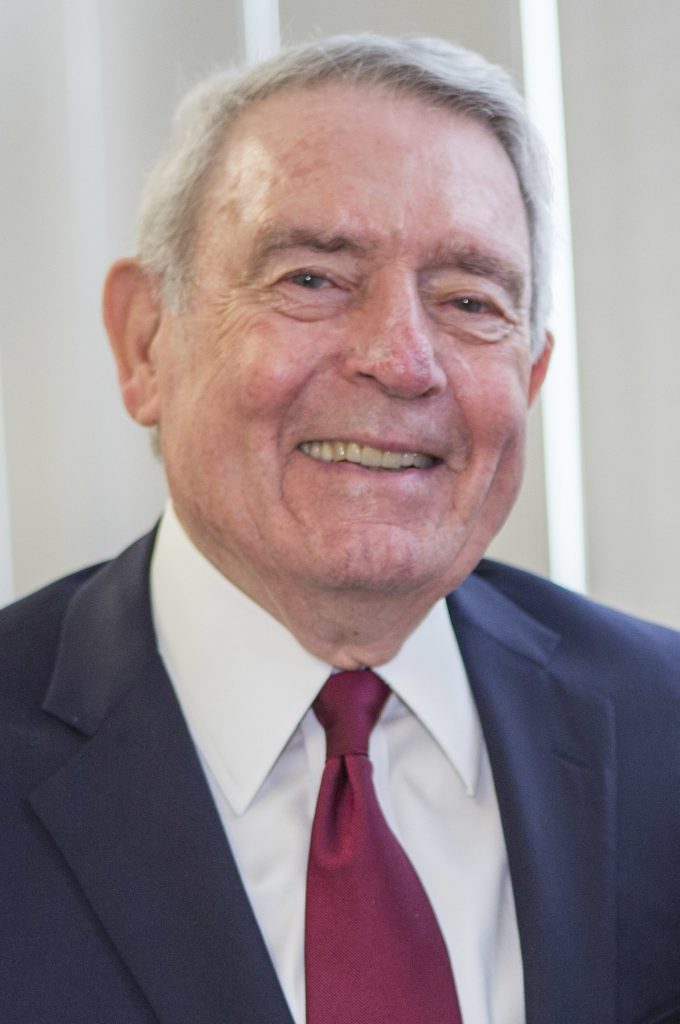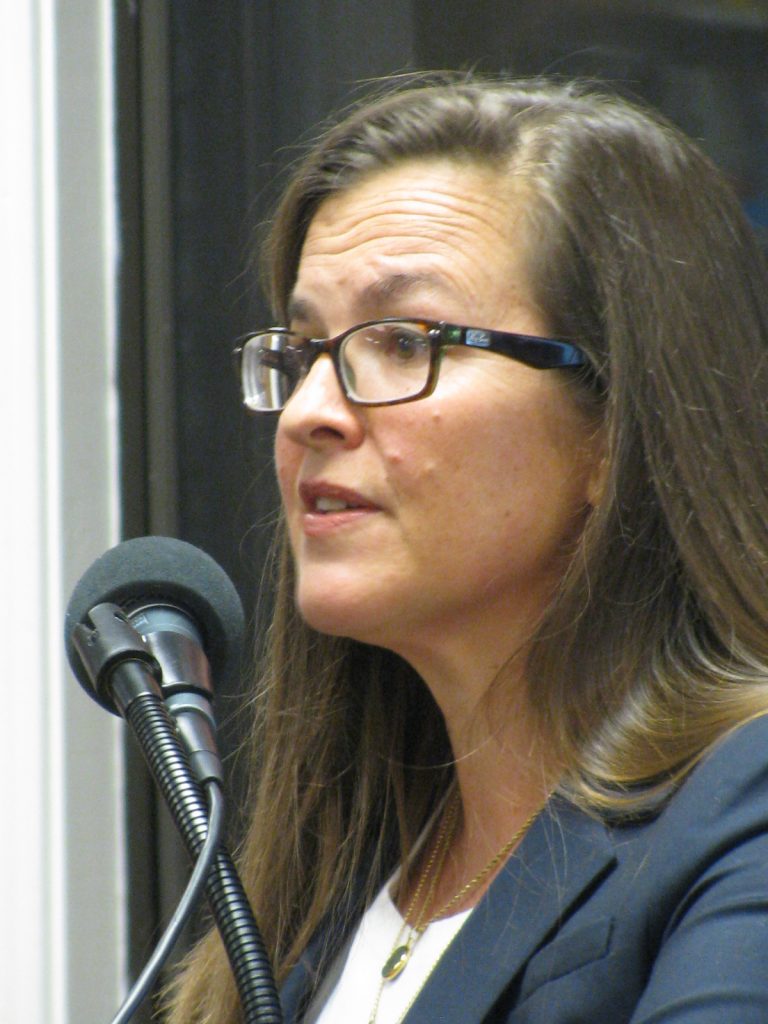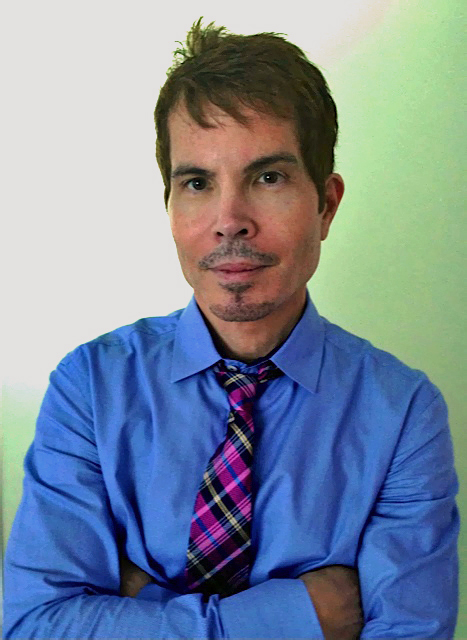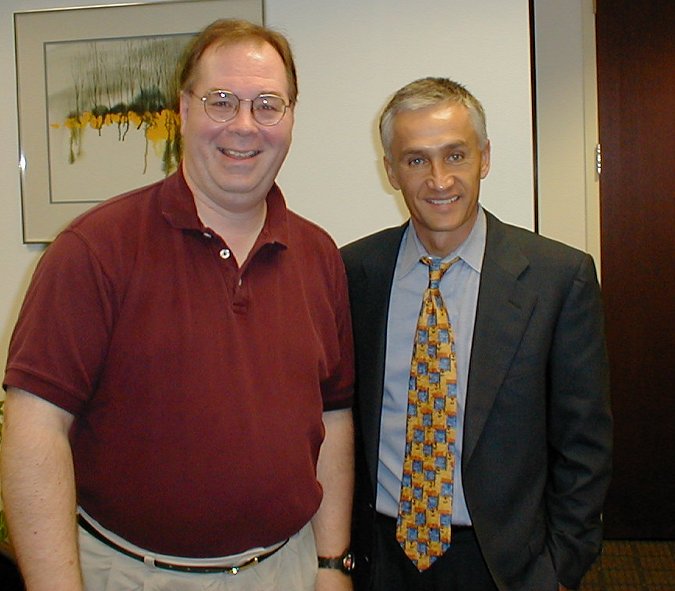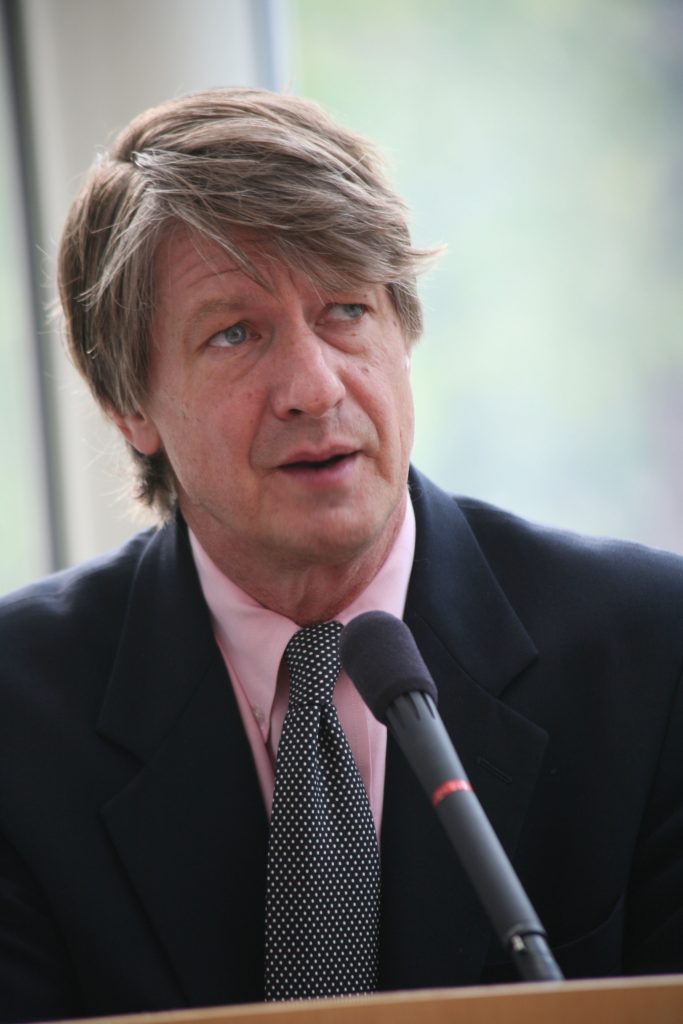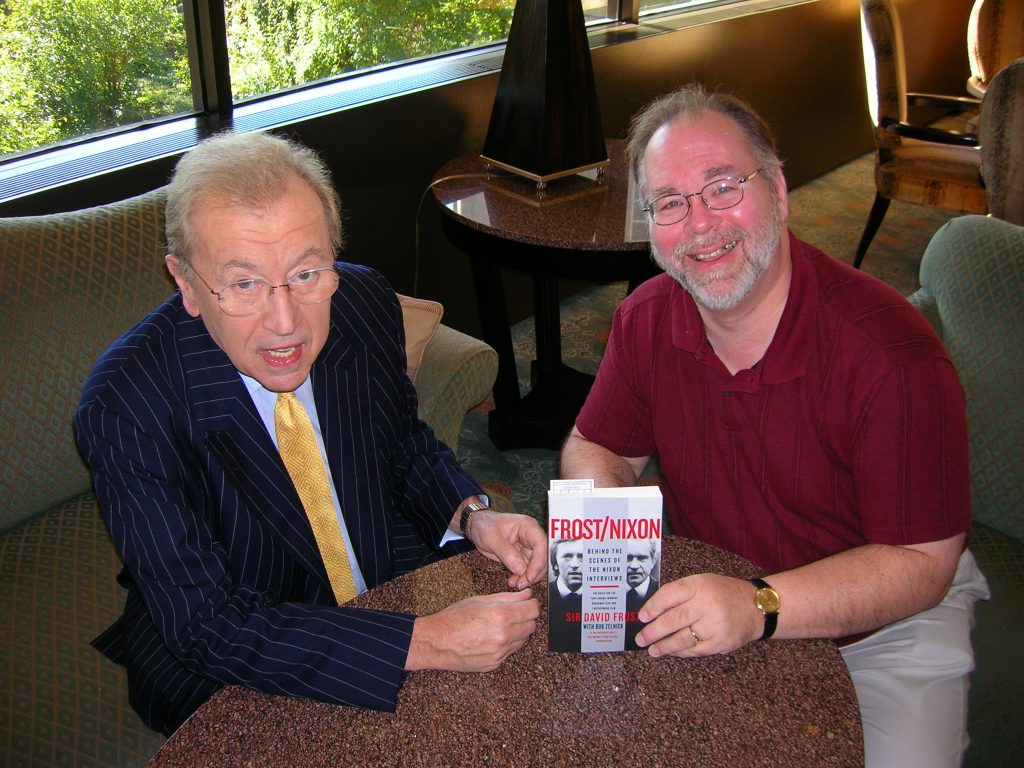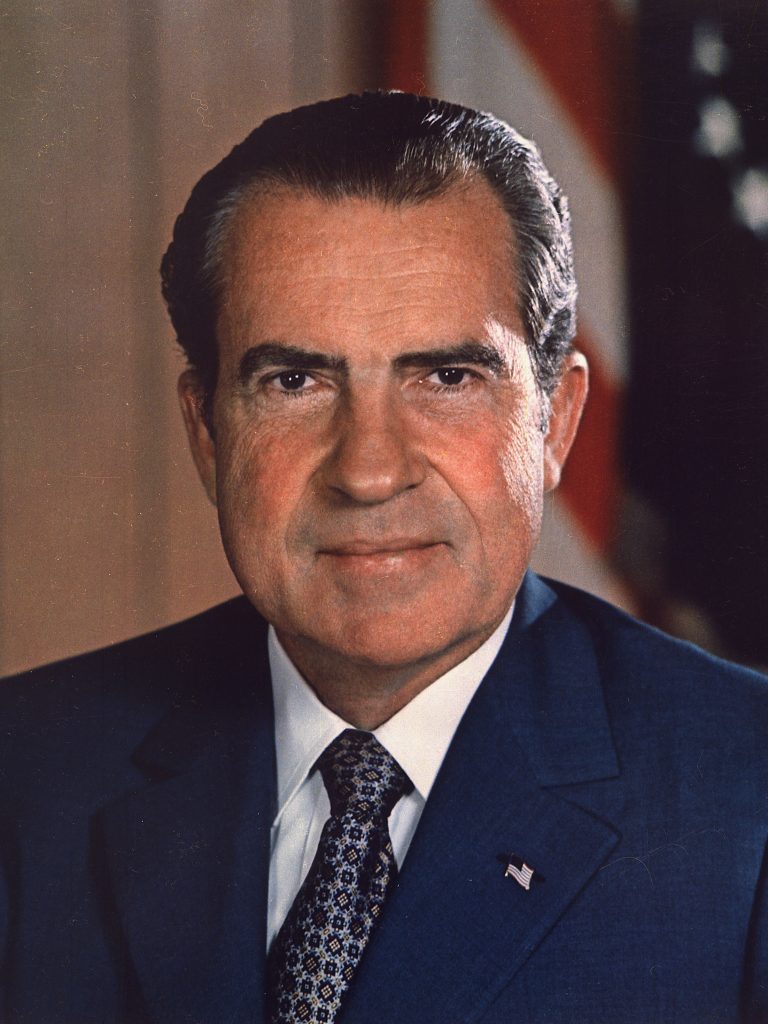
Edna Buchanan joined the Miami Herald in 1973, working the police beat. And she was good at it. She won the Pulitzer Prize in 1986 for her reporting.
By the late 1980s, she had turned to fiction writing, The real life stories she had covered became the raw material for her fiction.
And it turned out she was really good at that, too. Many of her books became best sellers, and a couple were turned into movies.

But she also wrote several nonfiction books, including one in 1992 called Never Let Them See You Cry. That’s when she and I had one of our several conversations over the years.
So here now, from 1992, Edna Buchanan
Edna Buchanan is 85 now, and still lives in Florida.


